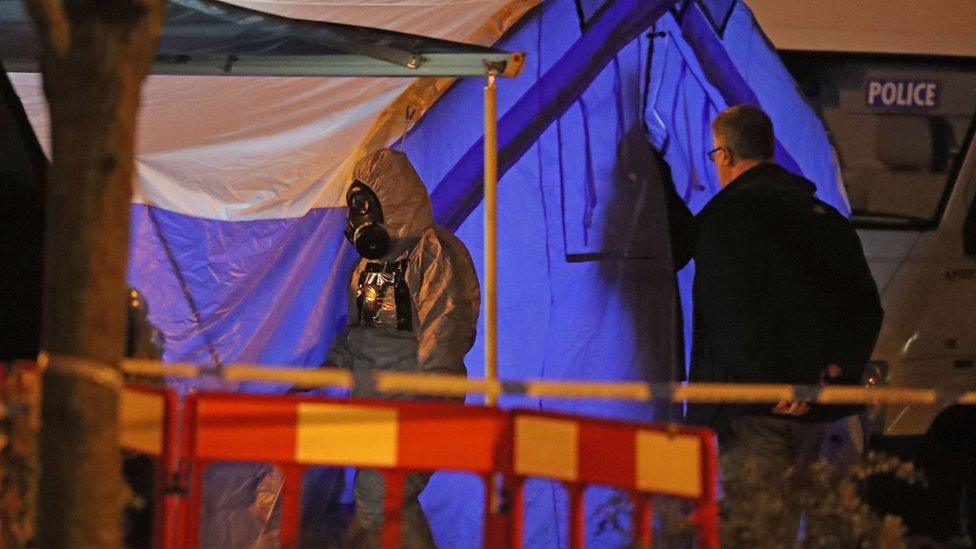Russian spy: Rudd to chair Cobra after crime scene visit
- Published
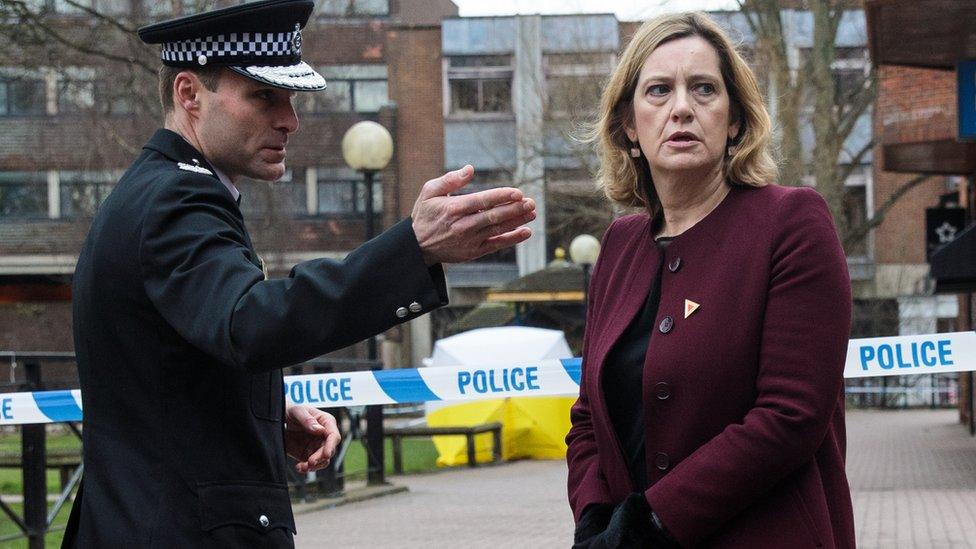
Wiltshire Police Chief Constable Kier Pritchard showed Amber Rudd the bench where Mr Skripal and his daughter collapsed
Home Secretary Amber Rudd is to chair a meeting of the government's emergency committee, Cobra, as the investigation into the attempted murder of an ex-Russian spy and his daughter continues.
Sergei and Yulia Skripal are both in a serious condition in hospital after being exposed to a nerve agent.
Ms Rudd, who visited the crime scene in Salisbury, called the attack "outrageous".
About 180 military personnel have been deployed to the city.
Salisbury's MP John Glen sought to reassure his constituents that a "whole range of tools are at our disposal" once it is established who was behind the attack.
Saturday's Cobra meeting is the second in a week and comes four days after counter-terrorism detectives took over the investigation.
Ms Rudd visited Salisbury District Hospital where Mr Skripal and his 33-year-old daughter are being treated.
The home secretary did not, however, give any further details of the nerve agent used or how it was administered.
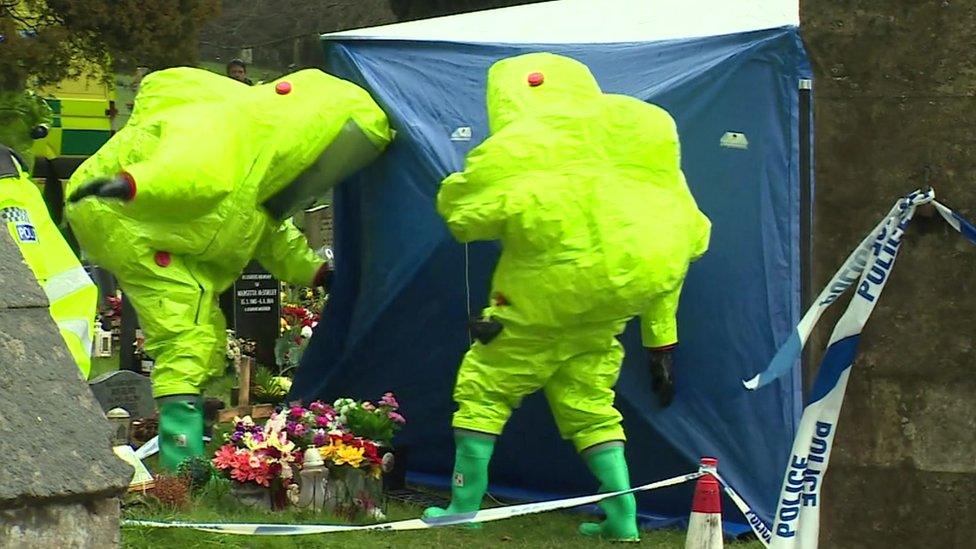
The graves of Mr Skripal's wife and son at a Salisbury cemetery have also been taped off
On Friday, the investigation turned to Salisbury cemetery where the graves of the 66-year-old's wife and son, who died in 2012 and 2017 respectively, were cordoned off.
Members of the military were also seen covering a police car that has been at Salisbury Hospital since Sunday, before men dressed in white hazardous materials suits examined it.
It was later towed away from the hospital, covered by tarpaulin, on the back of an Army truck.
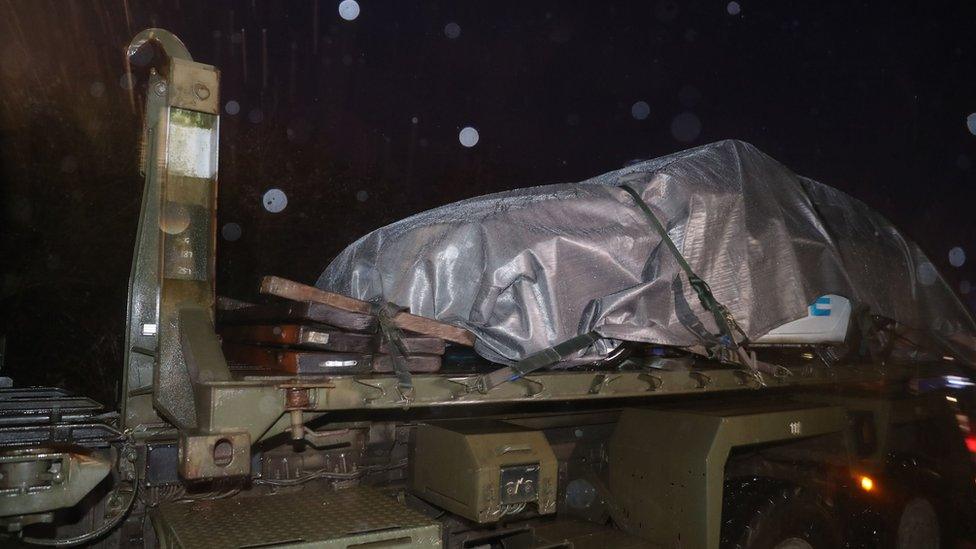
The police car was towed away from the hospital on an Army truck
The Metropolitan Police said the counter-terrorism unit has requested the military's assistance "to remove a number of vehicles and objects from the scene", including ambulances that may have been contaminated while assisting the victims.
Defence minister Tobias Ellwood said the military's presence reflected the "seriousness" of the situation adding that such responses would be discussed with Nato partners at the forthcoming July summit.
He added: "Some big questions arise as to how do you stand up to a clandestine and sinister attack deliberately done to play havoc in our society?"
Those deployed include experts in chemical warfare and decontamination.
There is no evidence to suggest a wide public health risk at this time, the police added.
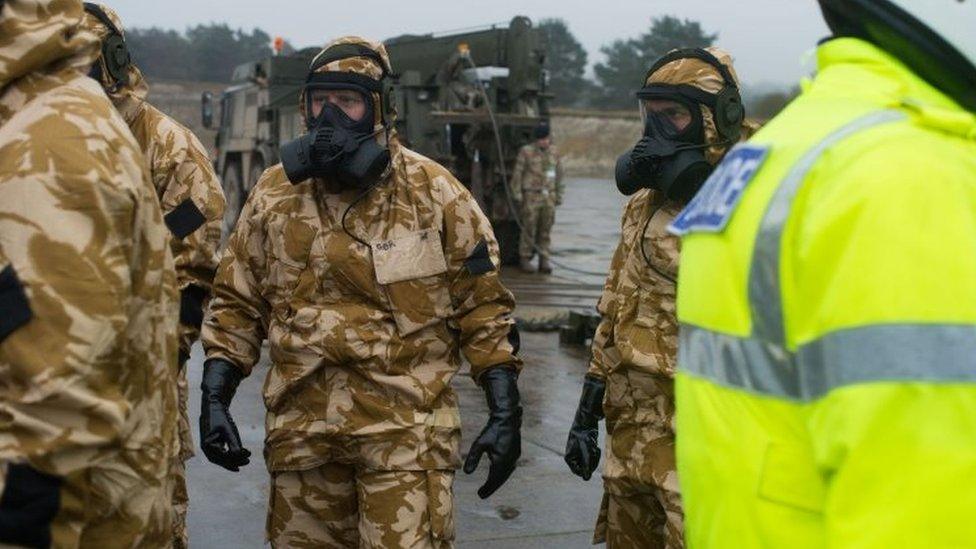
Military personnel were pictured making preparations at Winterbourne Gunner, Wiltshire, before deployment to Salisbury
Det Sgt Nick Bailey - who attended the scene on Sunday - remains in hospital and is conscious but "very anxious" about being exposed to a nerve agent.
Director of nursing Lorna Wilkinson said Mr Bailey was in a serious but stable condition.
Specialist investigators wearing protective suits have been seen examining the bench that Mr Skripal and his daughter collapsed on.
Mr Skripal's house and his car have also been cordoned off.
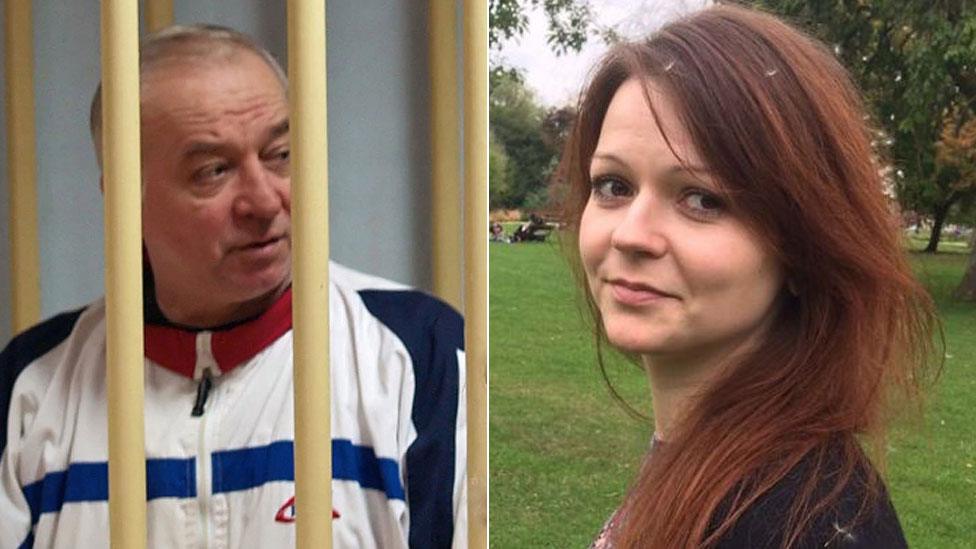
Former Russian military security colonel Sergei Skripal and his daughter Yulia were found unconscious in Salisbury on Sunday
It is known that Mr Skripal and his daughter had visited the Mill pub and Zizzi restaurant in Salisbury on Sunday afternoon, before they were found near the Maltings shopping centre.
Mr Skripal, 66, was convicted by the Russian government of passing secrets to MI6, but given refuge in the UK in 2010 as part of a "spy swap".
Valery Morozov, a Russian exile, told BBC News that Mr Skripal was working in cyber security.
Amber Rudd praises Salisbury police response
Russian foreign minister Sergei Lavrov has denied his country's involvement in the attempted murder of the ex-spy.
Ms Rudd has refused to speculate on whether the Russian state might have been involved in the attack, saying the police investigation should be based on "facts, not rumour".

Do you have any information to share on this story? Email haveyoursay@bbc.co.uk, external.
Please include a contact number if you are willing to speak to a BBC journalist. You can also contact us in the following ways:
WhatsApp: +447555 173285
Tweet: @BBC_HaveYourSay, external
Send pictures/video to yourpics@bbc.co.uk, external
Send an SMS or MMS to 61124
- Published10 March 2018
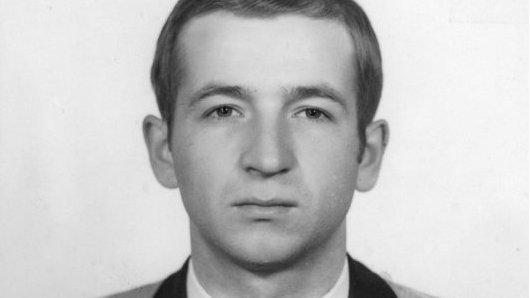
- Published8 March 2018
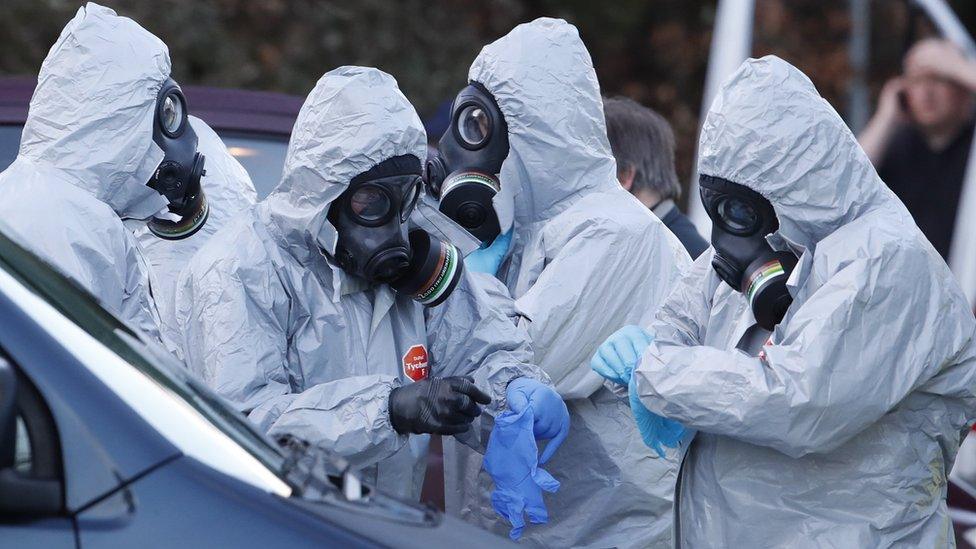
- Published8 October 2018
